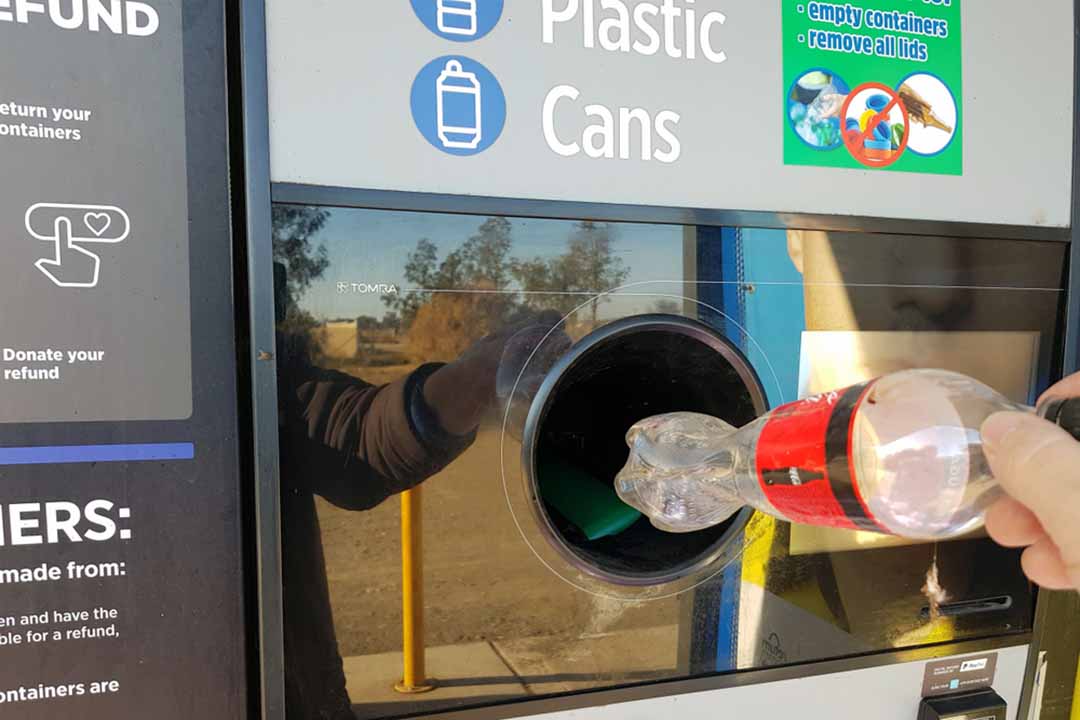
Many in the U.S. may be unfamiliar with reverse vending machines, because only 10 of 50 states have deposit redemption programs. | Karen McFarland/Shutterstock

Many in the U.S. may be unfamiliar with reverse vending machines, because only 10 of 50 states have deposit redemption programs. | Karen McFarland/Shutterstock
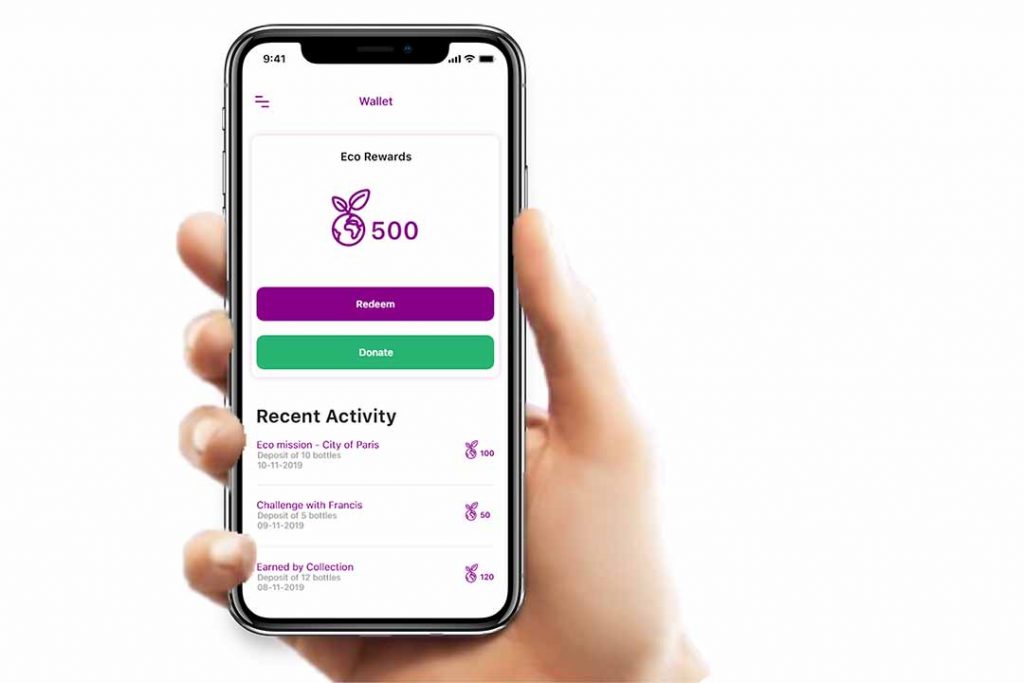
Users of the ZeLoop app will receive cryptocurrency for bringing materials to recycling collection sites. | Courtesy of ZeLoop.
A mobile app in beta testing seeks to reward users for properly recycling materials at drop-off locations. The company says an exchange of currency is vital to the process.
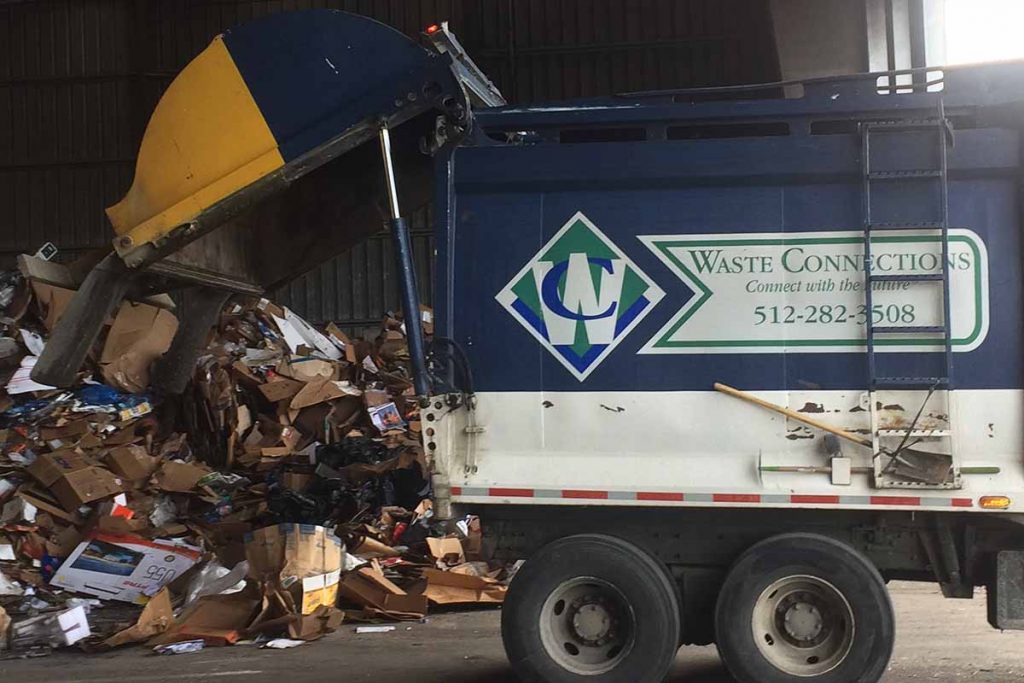
A leader with Waste Connections said that his company has seen increased collection volumes during the COVID-19 pandemic. | Resource Recycling file photo.
Two large publicly held waste and recycling companies are taking in higher residential volumes during the COVID-19 pandemic, but they say contamination has been flat. Recently, they’ve also started seeing critical upticks on the commercial side.
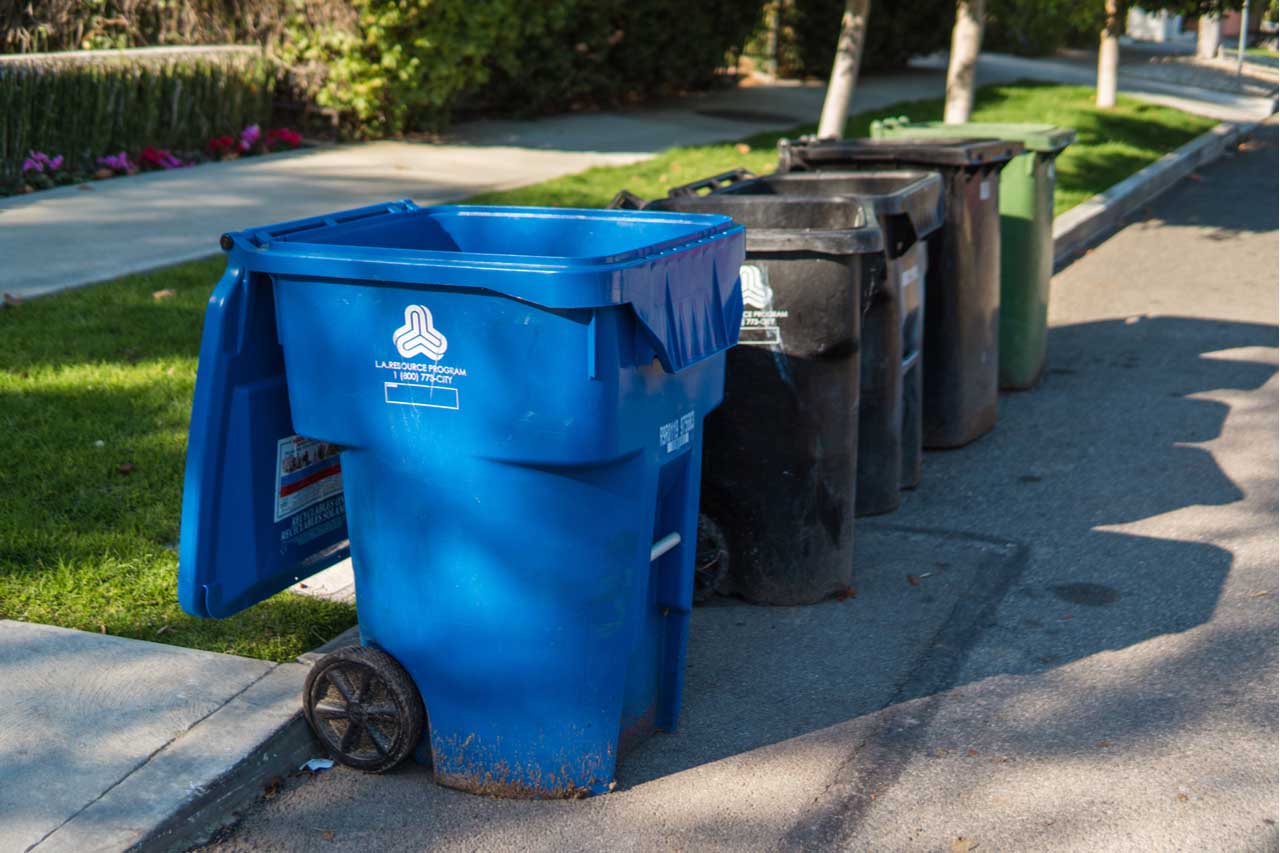
In communities around the country, recycling programs are limiting the materials they collect, altering service hours or shutting down altogether. | Oksana Shturo/Shutterstock
Recycling programs nationwide have curtailed service due to the coronavirus pandemic, potentially hampering the supply of scrap plastics moving to reclaimers in the weeks to come.

The federal government and states that have issued “stay-at-home” orders have decided recycling businesses are “essential.” | youkatan/Shutterstock
In the states that have issued stay-at-home orders, companies engaged in recycling processing or plastic product manufacturing are not subject to forced shutdowns.
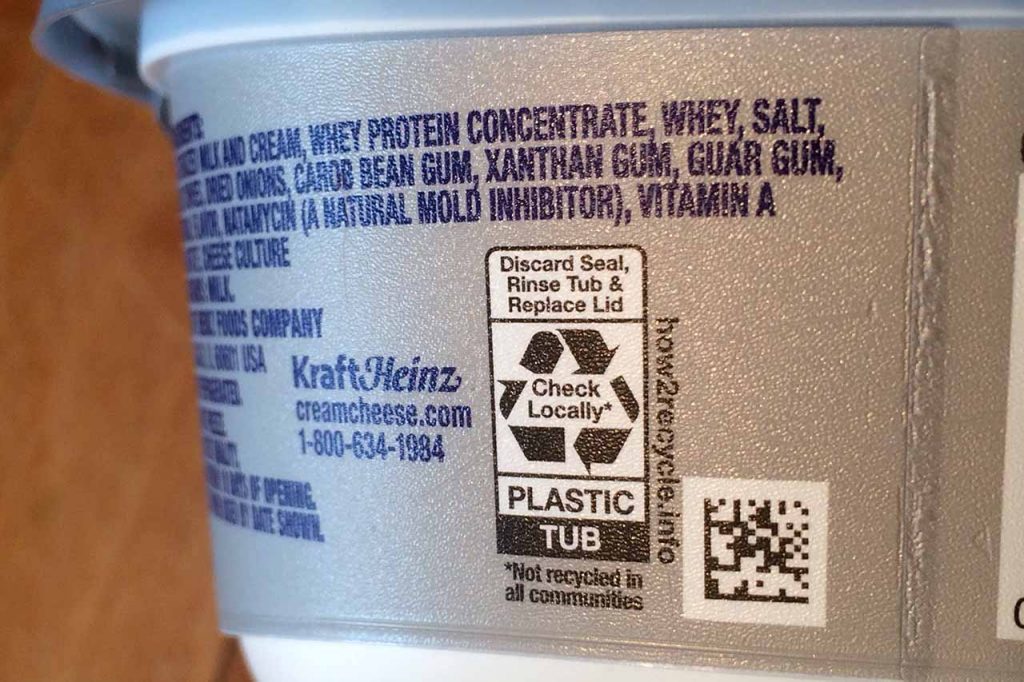
How2Recycle Staff emphasize that knowing what not to recycle is just as important as knowing what to recycle. | Dan Leif/Resource Recycling, Inc.
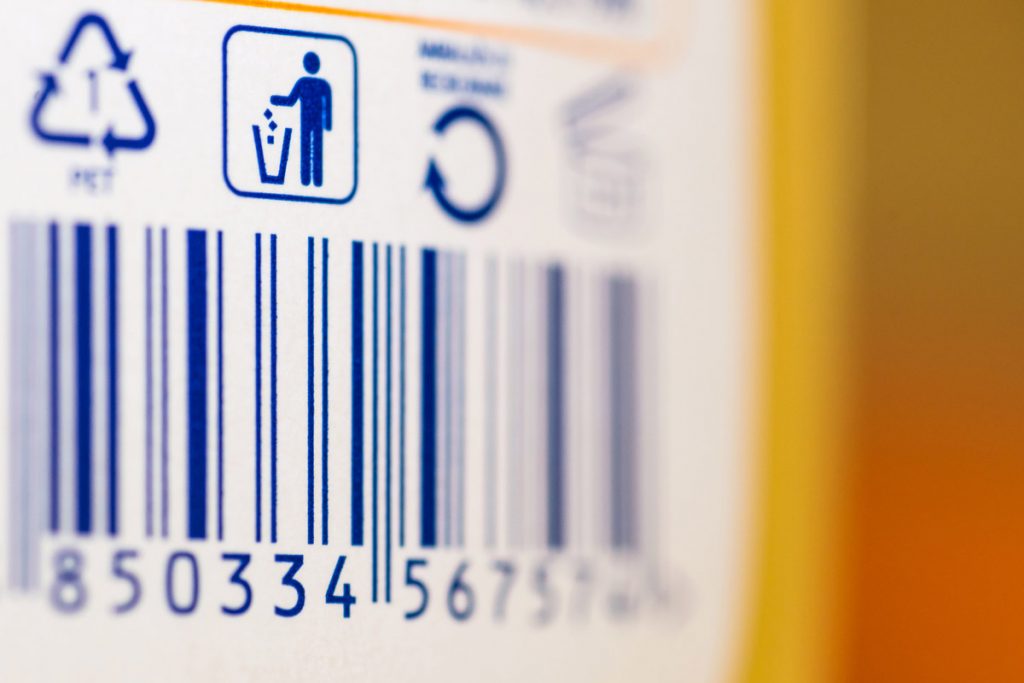
A recent Greenpeace report noted companies are increasingly calling a wider variety of products “recyclable.” | Marko Rupena/Shutterstock
Environmental advocacy group Greenpeace USA released its findings that products made from plastics Nos. 3-7 are being billed as widely recyclable despite low MRF acceptance nationwide.
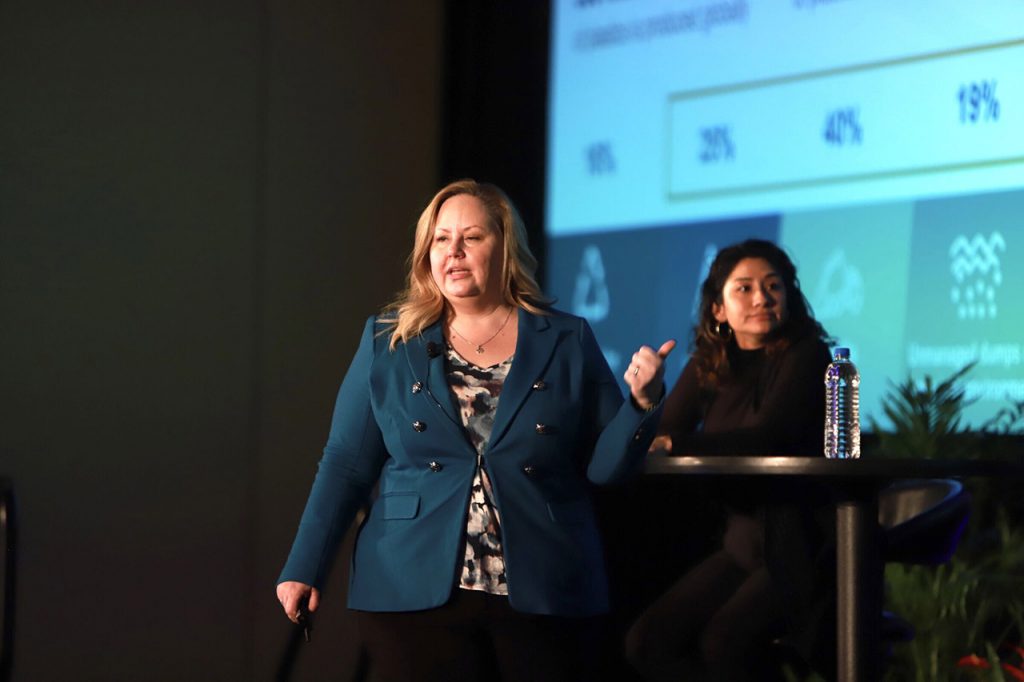
Holli Alexander of Eastman Chemical said collection unknowns are part of the current chemical recycling landscape. | Plastics Recycling Conference / Brian Adams Photography
When it comes to development and commercialization of chemical recycling technologies, interest is high. A chemical recycling workshop at last week’s Plastics Recycling Conference and Trade Show was sold out, with over 300 attendees.
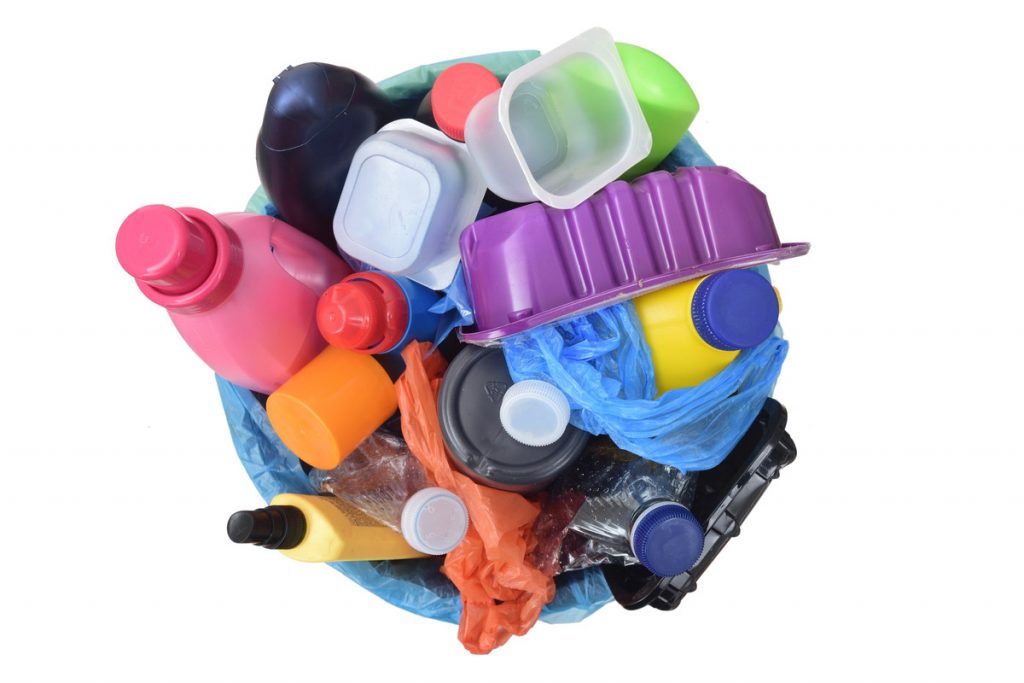
How2Recycle announced that all PP tubs, trays, bottles and cups will now be labeled with the organization’s “check locally” label. | Josep Curto/Shutterstock
Changes in U.S. recycling programs led the How2Recycle labeling initiative to downgrade recyclability classifications for non-bottle rigid PET containers and certain PP products, potentially impacting recovery of those materials.
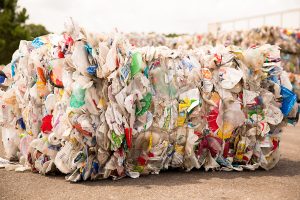 Greg Janson of plastics reclaimer QRS Recycling knows all too well what happens when material suppliers aren’t informed about load quality.
Greg Janson of plastics reclaimer QRS Recycling knows all too well what happens when material suppliers aren’t informed about load quality.

